Nathan Seppa
Biomedical Writer (retired September 2015)

Trustworthy journalism comes at a price.
Scientists and journalists share a core belief in questioning, observing and verifying to reach the truth. Science News reports on crucial research and discovery across science disciplines. We need your financial support to make it happen – every contribution makes a difference.
All Stories by Nathan Seppa
-

-
 Science & Society
Science & SocietyA parting shot of coffee
Science News biomedical writer Nathan Seppa gives some final thoughts on coffee, saunas and skepticism as he retires from the magazine after 18 years.
-
 Health & Medicine
Health & MedicineCoffee reveals itself as an unlikely elixir
Coffee is earning a reputation as a health tonic, reducing risk for a long list of ailments and even lowering death rates.
-
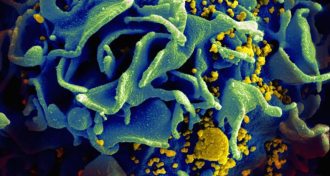 Health & Medicine
Health & MedicineEarlier is better for HIV treatment
People infected with HIV benefit from starting a drug regimen early, an international study finds.
-
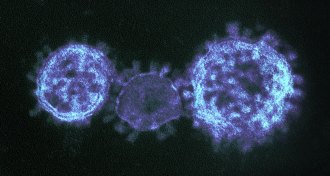 Life
LifeExperimental MERS vaccine shows promise
An experimental vaccine against the MERS virus triggers immune protection, a new study finds.
-
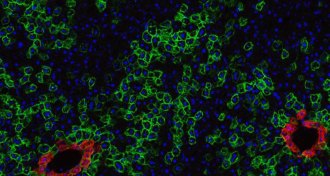 Life
LifeSource of liver’s ability to regenerate found
Scientists have identified stem cells behind the liver’s legendary ability to replenish its tissue.
-
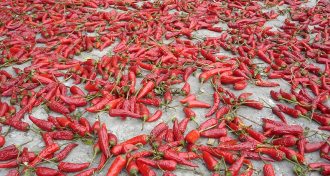 Health & Medicine
Health & MedicineSpicy food linked to longevity
Spicy food in the diet seems to contribute to longevity, a study of thousands of people in a Chinese registry finds.
-
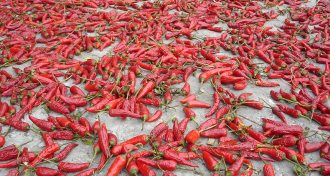 Health & Medicine
Health & MedicineSpicy food associated with longevity
Spicy food in the diet seems to contribute to longevity, a study of thousands of people in a Chinese registry finds.
-
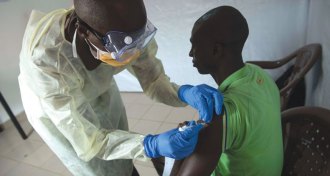 Health & Medicine
Health & MedicineEbola vaccine protects people in West Africa
In Guinea trial, zero cases of Ebola occurred in people potentially exposed who received immediate shots of a new experimental vaccine.
-
 Health & Medicine
Health & MedicineBystanders deliver on CPR
People suffering from cardiac arrest are more likely to survive without brain damage if a bystander performs CPR, new studies suggest.
-
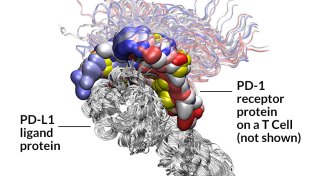 Health & Medicine
Health & MedicineNew cancer drugs wake up sleeping killer T cells
The immune system’s T cells, often evaded by tumors, might now resume the attack.
-
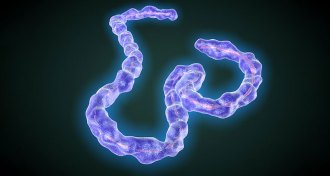 Health & Medicine
Health & MedicineAn antidepressant may protect against Ebola
Zoloft and a heart drug keep most mice alive after exposure to Ebola.